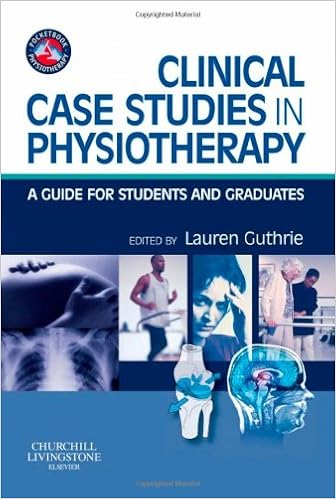How to utilise study groups effectively
Published: 13/04/2020
They are a great way to learn and consolidate knowledge without that learning feeling like hard work. It is a much more enjoyable way to learn especially for those who work well in group situations.
Top tips
1. Keep the group small
Study groups are best kept to 2 to 3 people compared to larger groups
2. Create a rough session outline before each meeting
This will enable you to all prepare prior to the session and bring appropriate books or equipment to make the most of the time together.
3. Divide the tasks equally
For each session you will need a room booked (unless you meet in an individual's room or house), then someone else to create and bring the session outline. It is best to divide these tasks equally and they can be shared between all the members.
Session ideas
Practice practical skills
During class you may only get an hour to practice certain skills. Study groups can allow individuals to collectively practice certains skills they find challenging or need further practice on. All this practice will be good preparation for the OSCE!
Practice clinical reasoning
I would personally recommend clinical case studies in physiotherapy for this. An individual can pick a case prior to each session, then as a group you can go through the case. Discuss the key findings from the subjective, what the subjective would indicate for the objective assessment and a treatment or management plan for the patient. To make the most of the practice each individual should discuss their reasoning behind their choices for each stage (like they are talking to their practice educator or supervisor).

Test each other's knowledge
Constantly reviewing anatomy can become labourious and boring. Frankly it just ain't fun.
Testing friends can be fun and help to increase your confidence in your own knowledge (no one call remember everything in the anatomy textbook!). If your struggling on a certain topic or group of muscles, muscle attachments your friends may have a good mnemonic or memory technique to help remember it which they can teach you.

Comments
Post a Comment